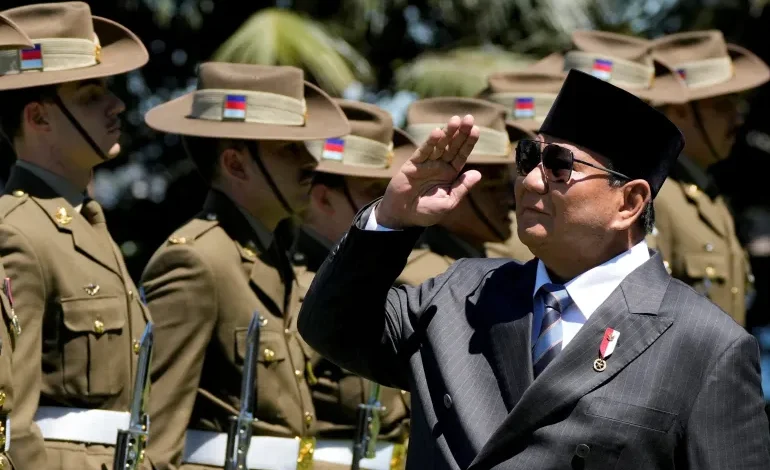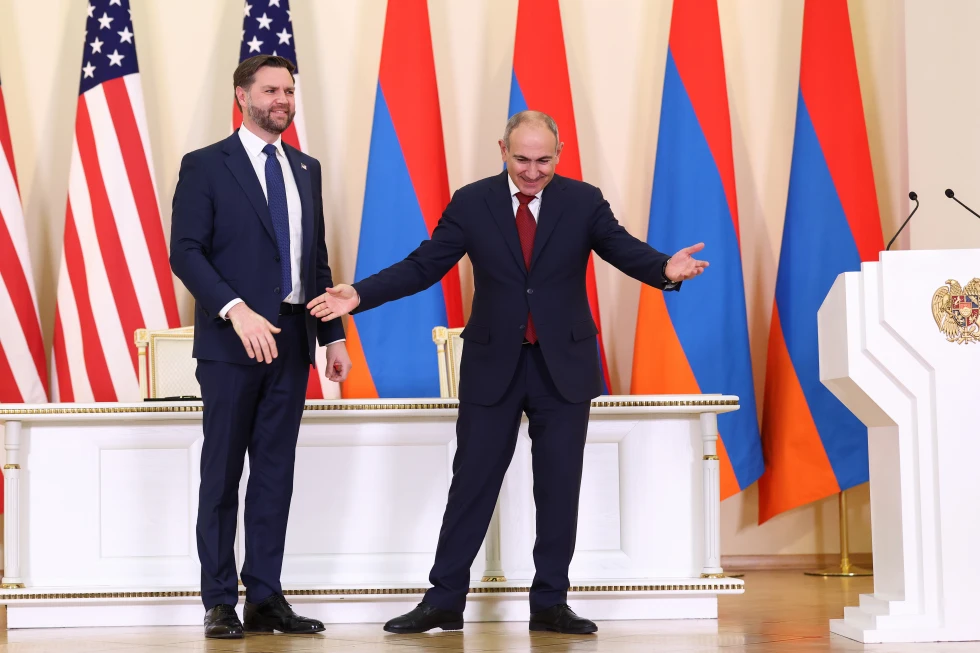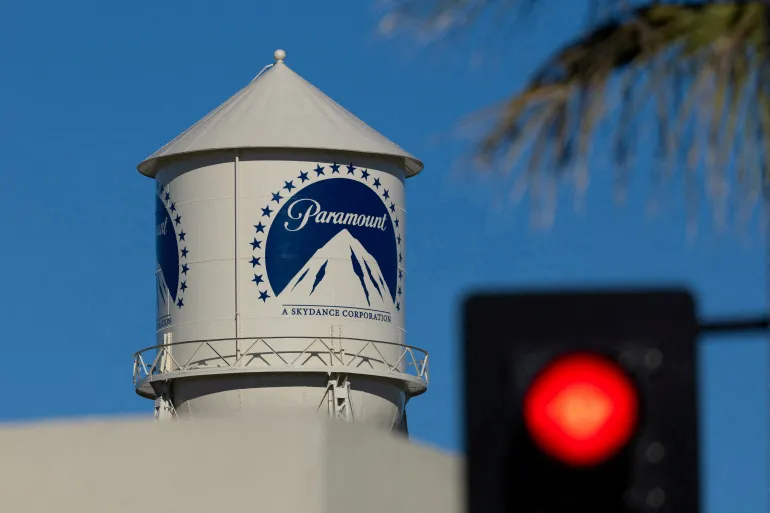Australia and Indonesia Set to Seal “Watershed” Defence Pact, Marking a New Era of Regional Security

Australia and Indonesia say they’re on the brink of signing a “watershed” defence treaty, one that could redefine security cooperation between the two neighbours at a time of rising strategic tension in the Asia-Pacific.
The deal was greenlit on Wednesday by Australian Prime Minister Anthony Albanese and Indonesian President Prabowo Subianto during Prabowo’s first state visit to Canberra. The official signing is slated for January, but both leaders were clear: this agreement signals a deeper, more formal alliance.
The new treaty commits both countries to “consult at a leader and ministerial level, on a regular basis on matters of security,” Albanese said. It will also enable “mutually beneficial security activities, and if either or both countries’ security is threatened, to consult and consider what measures may be taken, either individually or jointly, to deal with those threats.”
“This treaty is a recognition from both our nations that the best way to secure that peace and stability is by acting together,” he added. “It signals a new era in the Australia-Indonesia relationship.”
Prabowo echoed the sentiment:
“Good neighbours will help each other in times of difficulties. Within Indonesian culture, we have a saying, when we face an emergency, it is our neighbour that will help us.”
While the full text of the agreement hasn’t been made public, Albanese noted it draws on the 1995 security pact signed by Paul Keating and Indonesia’s then-president Soeharto, an agreement scrapped after Australia’s role in East Timor’s 1999 UN peacekeeping mission.
Since East Timor’s independence in 2002, relations between Jakarta and Canberra have steadily improved, producing key milestones like the 2006 Lombok Treaty and the 2024 Defence Cooperation Agreement. The new treaty builds on that foundation, establishing a clear obligation for both nations to consult if their security is threatened, and to decide whether to act “individually or jointly.”
Behind the diplomatic niceties lies a shared concern: China’s growing influence and military reach in the South China Sea and broader Pacific. Even Keating, who brokered the original 1995 pact, told ABC News last year that he and Soeharto foresaw this dynamic decades ago.
“Soeharto and my arrangement was essentially a mutual defence pact,” Keating recalled. “Because a major threat to one, given the geography, necessarily impacted on the other… Soeharto was substantially worried about a future rising China and so was I.”
Nearly 30 years later, those same worries have turned into formal policy, this time written with a firmer pen.









The latest news in your social feeds
Subscribe to our social media platforms to stay tuned